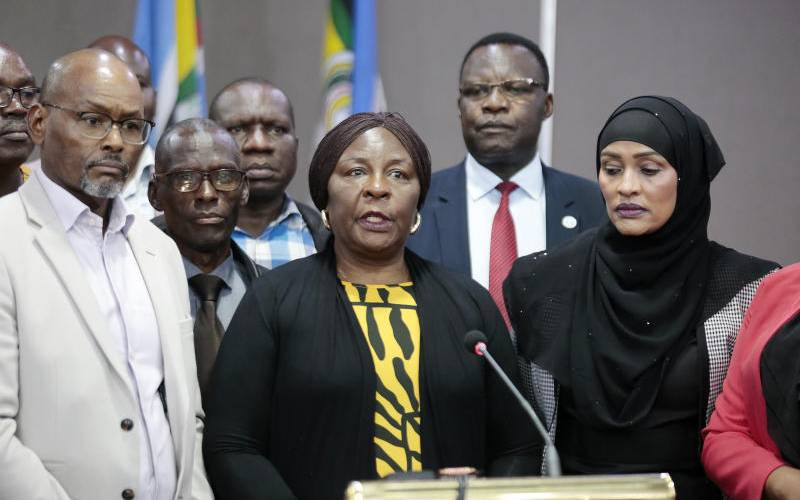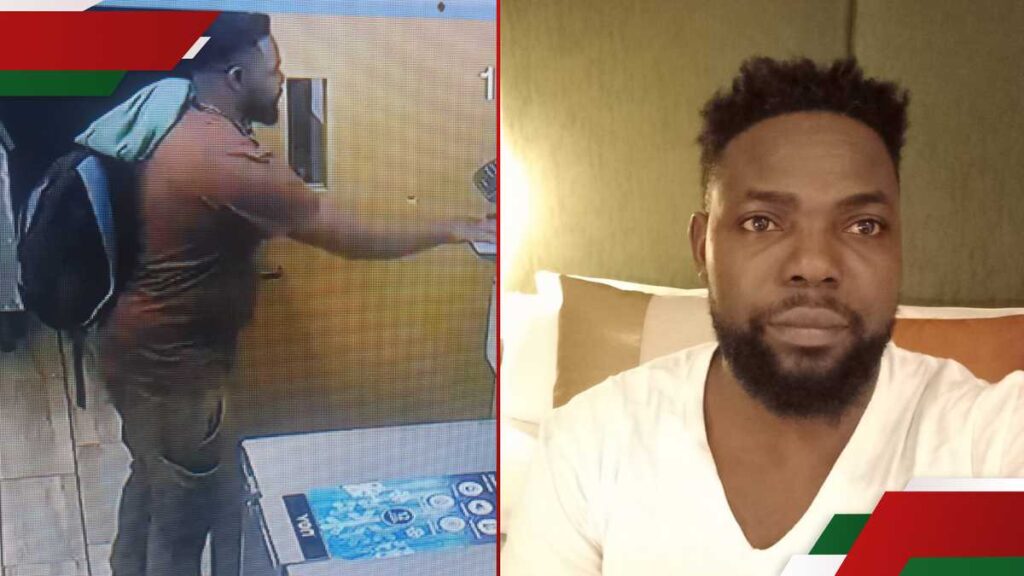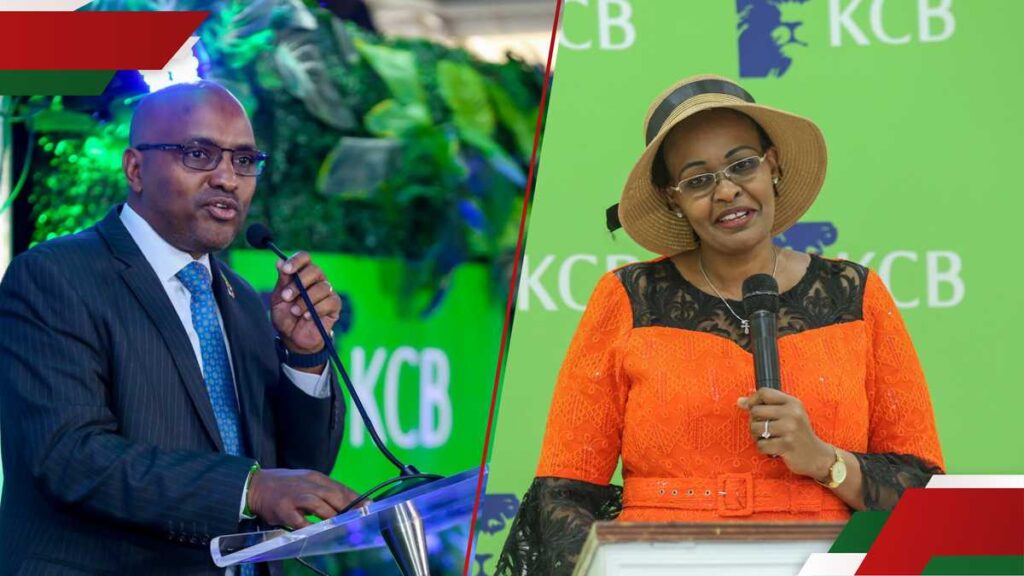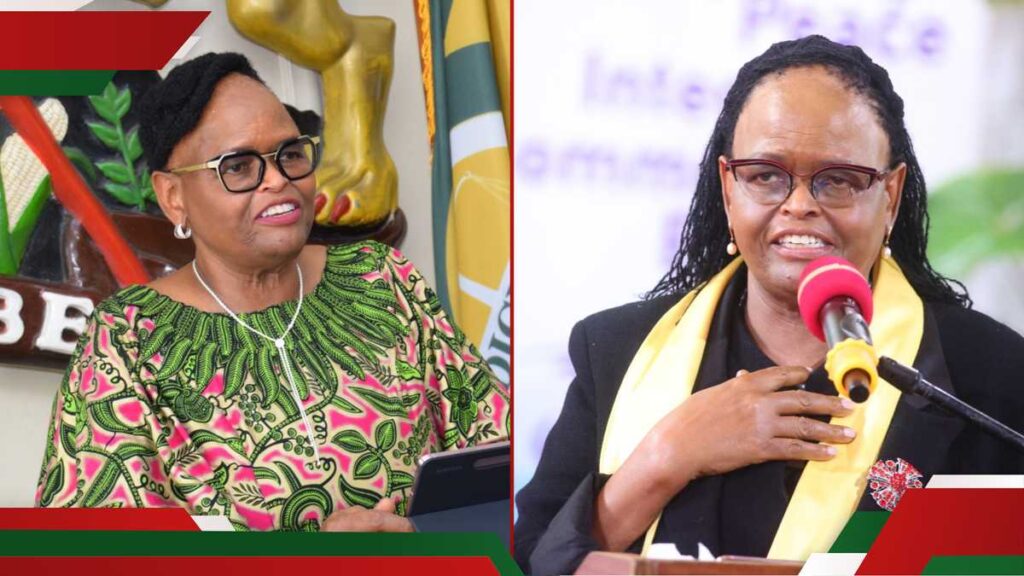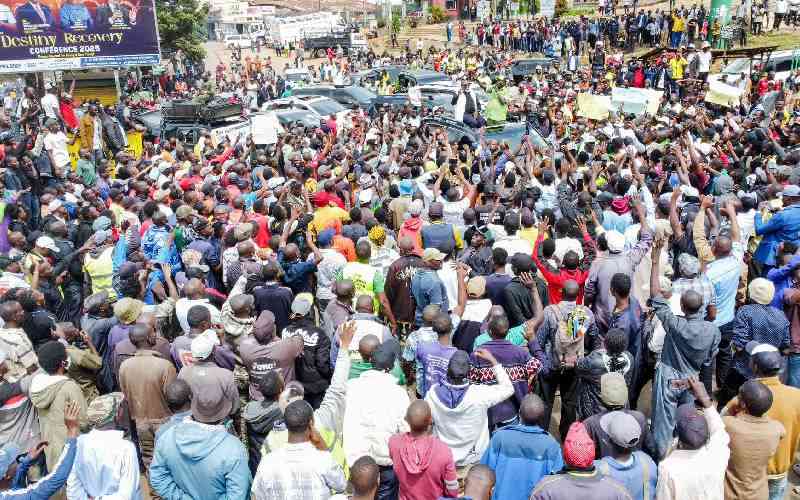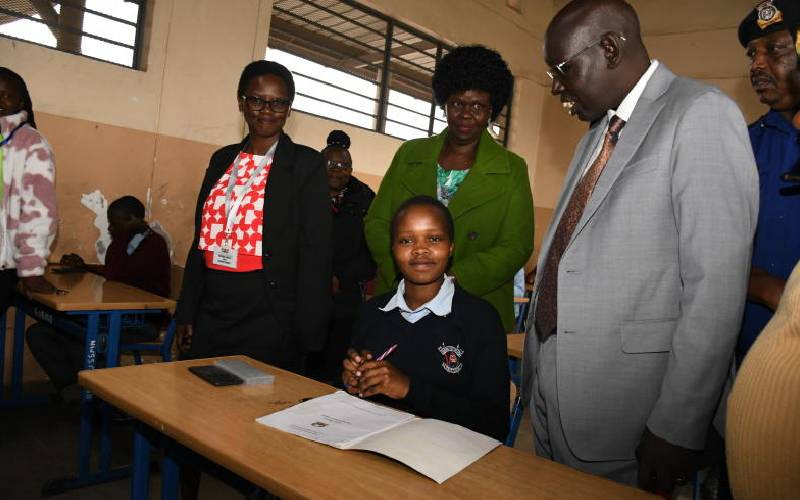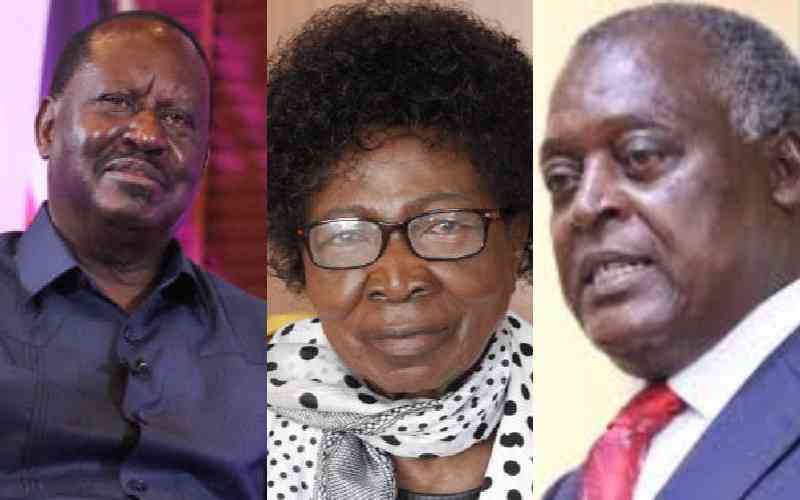The Chairperson of the National Gender and Equality Commission (NGEC), Rehema Jaldesa, has called for the exhumation of the body of a minor who was killed for refusing to marry a 55-year-old man.
Jaldesa stated that 17-year-old Gaala Aden Abdi was hurriedly buried by the community in an attempt to conceal the evidence of the brutal crime.
During a presentation to the Gender-Based Violence (GBV) Technical Working Group at an ongoing public participation forum, Jaldesa emphasized that exhuming the body would aid in prosecuting those responsible for the crime.
“I went to Wajir, and the first thing I noticed was that the community, including the local chief, quickly shifted the narrative from murder to suicide, which was extremely unfortunate,” Jaldesa said.
Gaala, a refugee in Wajir, was killed a week ago. Her body was burned beyond recognition after she resisted being forcibly married to a 55-year-old man.
The NGEC chairperson informed the Nancy Baraza-led technical working group that three men, including the proposed husband, beat Gaala to death before setting her body on fire to make it appear as though she had committed suicide.
“There were so many community members who were present when the girl was beaten by three men, the husband and his two brothers. They hit her, according to the witness, and killed her,’ she explained.
“To cover up the crime, they set her body on fire and made small cuts on the husband’s hand and waist to create the illusion that she had attacked him. The narrative they pushed was that when she saw the man was bleeding, she set herself on fire,” she added.
Jaldesa stressed that the burial of the body without conducting a postmortem would compromise the investigation.
“Without a postmortem, there is no evidence to prosecute. I am appealing to the Directorate of Criminal Investigations(DCI) to exhume the body so we can determine the cause of death,” she appealed.
Further, Jaldesa revealed that the community was considering using a traditional dispute resolution mechanism called “Masala,” where money is raised and given to the victim’s family as compensation.
“Masala is allowed by law, but it is meant for social issues. It cannot apply in cases of murder or Gender-Based Violence,” she explained.
Jaldesa also expressed frustration over the lack of intervention despite multiple distress calls and recordings of Gaala being abused.
Stay informed. Subscribe to our newsletter
“Her relatives received distress calls, including recordings of the girl being tortured. She even told her mother, ‘They are killing me, they are torturing me, this is what they are doing.’ Yet, no one came to her rescue, leaving her at the mercy of the perpetrators,” Jaldesa added.
The incident which sparked outrage across Kenya, with citizens demanding justice highlighted the deep-rooted cultural challenges in the fight against Gender-Based Violence.
“Some community elders and the husband’s relatives sought her hand in marriage. The girl was unaware of the discussions, and she was treated like a commodity. They didn’t even disclose that the man was 55 years old,” Jaldesa explained.
Although three people have been arrested in connection to the murder, the GBV taskforce chairperson Baraza called for thorough investigations.
“That body was quickly buried without a post-mortem. And so that may confuse things when it comes to evidence. But we want to urge the IG and his office to quickly readjust so that a message goes to the police at all levels that matters of GBV and femicide must be responded to in the fastest and most sensitive manner possible,” Baraza noted.
She noted that most GBV-related submissions from Kenyans, NGOs, civil society groups, victims, and survivors among others largely blame the police for bungling and downplaying GBV cases.
“The reports we are getting so far is that the attitude from some of the police, some police do a good job, but some don’t think that is an issue that warrants their attention.”
“So we are urging the IG to communicate to his team at their lowest level that reports on matters of GBV and femicide must be treated with the seriousness that they deserve” Baraza appealed.
Baraza added that the trend of femicide and GBV is increasing with the burden being heavy on youths between 15 and 35 years.
“There was another unfortunate case of the girl in Multimedia University, whose body was found in a water tank. You just walk with our body and put it in a tank,” she wondered.
“And you know that is how callous we are treating the lives of young women, girls and women. It’s like the human value of girls and women is gone. We saw another one who walked with body parts dripping,” Baraza posed.
The team is set to request an extension of their term, which is scheduled to expire on April 9. Initially, President William Ruto granted them 90 days to submit their report.
“We have received a lot of memoranda from the public. We have also done a lot of desk review of the many, many documents that have come from the government, from the NGO sector, from other participants.”
“What remains now is just to go to the counties, which is a constitutional mandate. And therefore we are hoping that we will put in our progress report to the appointing authority to justify a request for probably one month because we can’t leave out those Kenyans,” Baraza added.
She noted that the submissions they have received have been overwhelming.
“There is a lot of work which has gone on around the area of GBV, including femicide. We have been doing international comparative studies with countries that are dealing with femicide and GBV,” she added.








